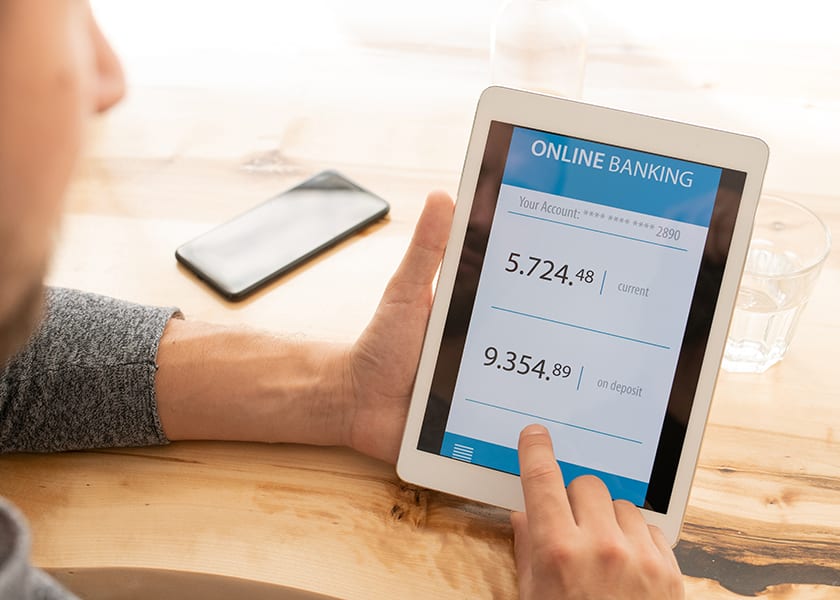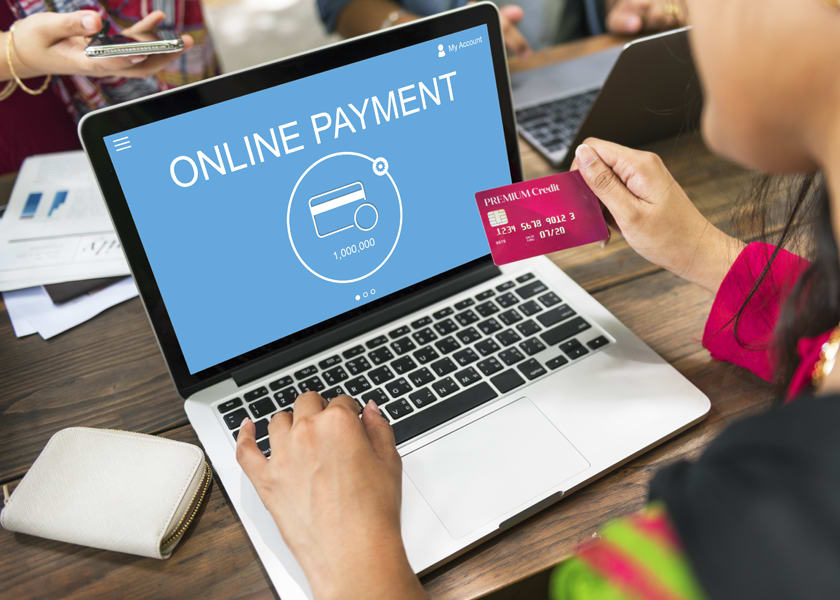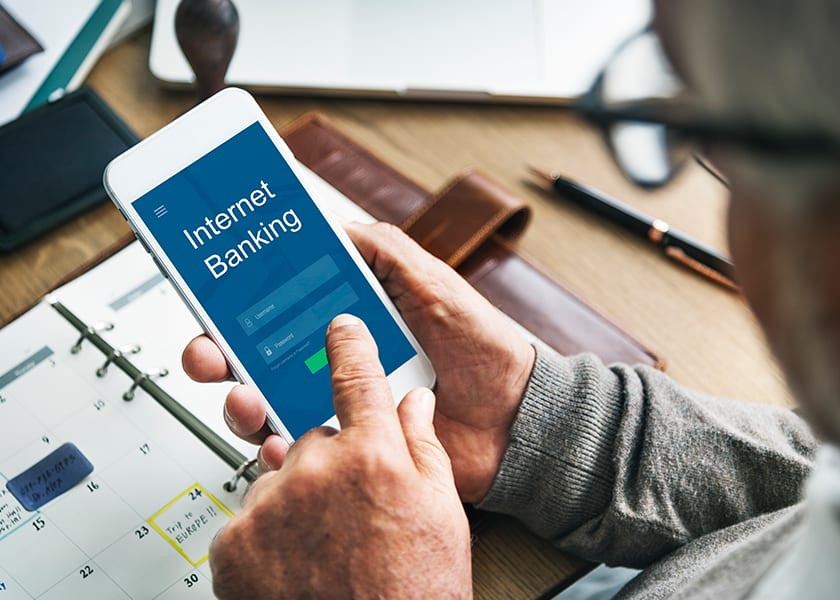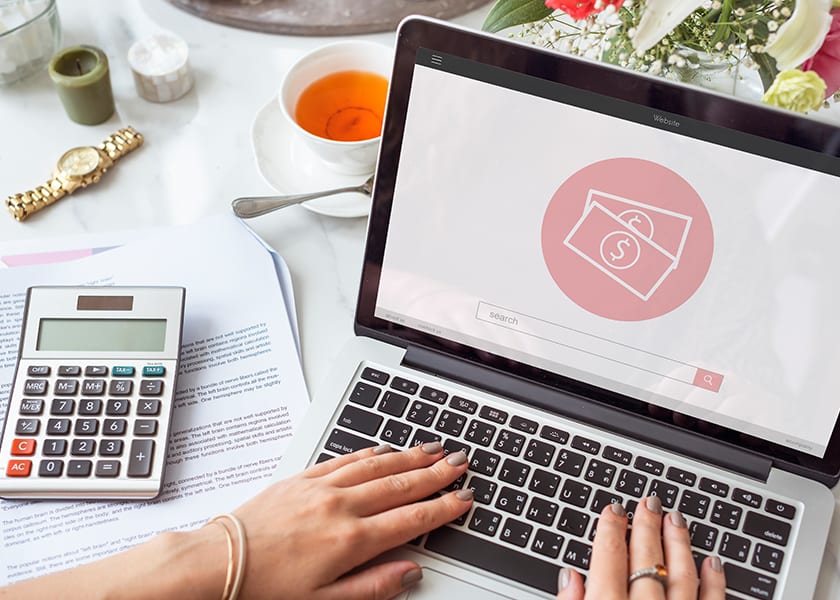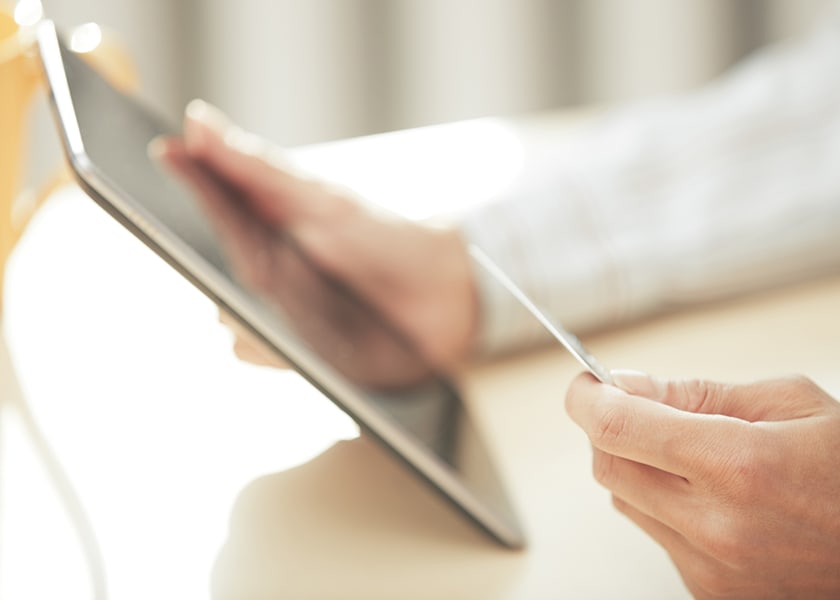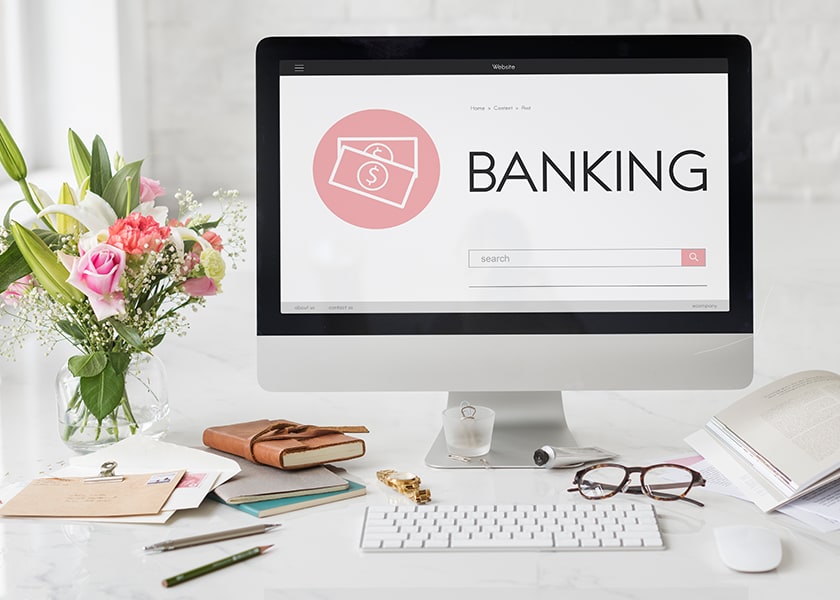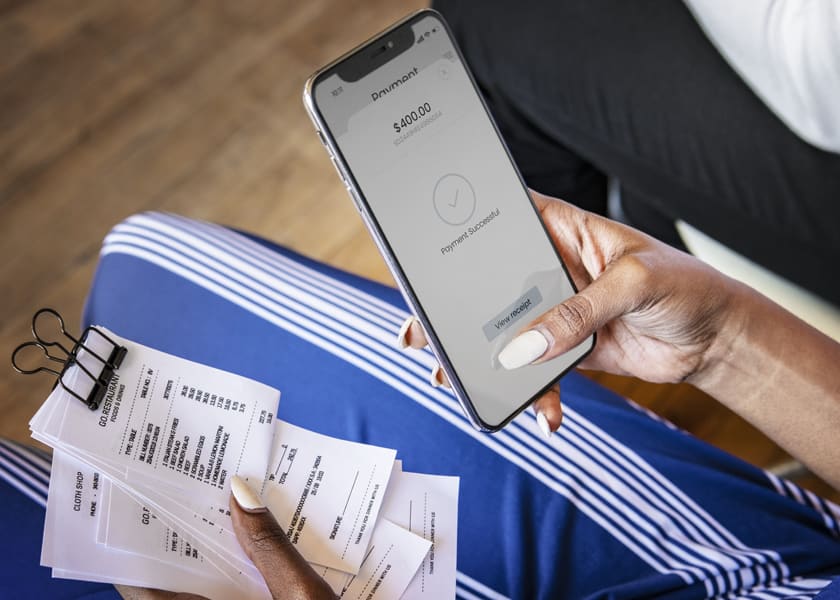Best Online Bank Provider
Chase 
State Of The Art Online Banking
- Bonuses for New Accounts
- Multiple Account Options
- Very Business Friendly
- Unlimited Electronic Deposits
First of all, stop making charges on the account! If this means you have to go out without spending any money on necessities or impulse items for a while, then so be it - having an overdrawn bank account is very serious business. It is absolutely necessary that you prevent more negative transactions from occurring while you are resolving this deficit.
Once you have stopped making purchases on the account, you should put in a transfer for the total amount of the overdraft. If you do not already have this money in another checking or savings account, see if anyone owes it to you.
If you are still unable to come up with the necessary funds, try calling your bank and explaining your situation. The customer service representative will be able to assist you in finding out what steps need to be taken next.
Another option that may be available is using one of your overdraft protection services, such as an overdraft line-of-credit or backup checking account. If these were not opt-in when originally set up, chances are they can still be activated without too much difficulty; otherwise, you may need to start by establishing these services.
If you are still unable to find a way out of this situation, your final option is to arrange an overdraft advance through your bank. These loans come at very high-interest rates, but there is no other choice in desperate circumstances like these. If you can make the monthly payments for this loan until the deficit has been paid off (ideally within three months), then it should be possible to avoid any extra fees or account damage in the future.
Most people don't realize how easy it is to overdraw their checking account.
Here are some common mistakes that cause you to spend more than you make:
1. Using an ATM for cash advances on your credit cards. Even if your bank charges a fee, it's still cheaper than the finance fees most credit card companies charge.
2. Relying too much on low-balance transfers between accounts. Most banks require only $5 or so in available funds before they will allow these transactions. If you don't have enough money in your checking account, then any transfer amount won't be approved and could trigger an overdraft penalty fee of around $20-$35 per transaction. That can add up quickly.
3. When buying online, your debit card might be connected to the credit-card function on your checking account. That can allow you to use it as if it were a credit card for purchases under $100. If you don't have enough money in your account, then the bank will likely approve the charge and make an overdraft transfer from your savings, at a high-interest rate of about 19 percent per year.
4. Some banks automatically approve any charges over a predetermined amount – say around $50 – even though there may not be enough money in your account to pay them. This can lead to surprise overdrafts that may require hefty finance charges, depending on how much is owed and how long it takes you to deposit money into your account.
5. Some banks will deny transactions when available funds are too low, but will allow several of them in quick succession even if they collectively overdraw the account, triggering multiple penalties.
Here are some tips for avoiding costly overdrafts on your checking accounts:
1. Don't assume that small bank transfers between accounts are free – ask whether there's a fee for these transactions. If so, only do the transfers when there is enough money in both accounts to cover all of them, or consider opening an extra savings account with an amount equal to the cumulative total of all your transfers during the month. Just make sure it earns interest!
2. Make certain online bill pay is not set up to pay bills automatically unless you have enough in your checking account to cover the total amount. This can avoid "overdraft transfers" that will cost you money.
3. Check your bank statement regularly online, or by signing up for free e-mail notifications if your bank doesn't offer it. If you see a transaction that shouldn't have gone through, contact the bank right away to fix the mistake so you don't get hit with any fees for non-sufficient funds.
4. If there are days when it's likely that your balance might be low when an automatic payment is due, consider planning ahead by moving some money into savings before then so that any shortfall can be covered without causing unnecessary problems.
5. If you tend to overdraw your account with credit-card purchases, consider whether it makes sense to charge only those expenses that won't create problems for you. Or, simply carry backup spending cash and pay off your credit card bill in full each month if possible.
Conclusion
Remember that overdrawn accounts are serious business; if you do not act quickly and responsibly enough, your entire financial reputation could be damaged beyond repair! Take care of things immediately, and good luck!








